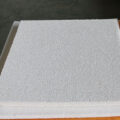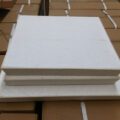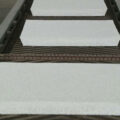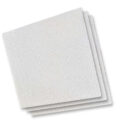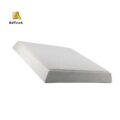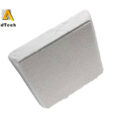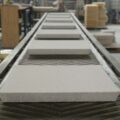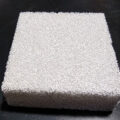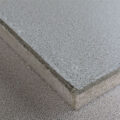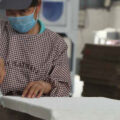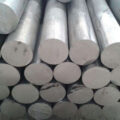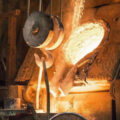The aluminum cast filter is an iconic development of Adtech. This means that Russia’s most famous aluminum industry giant has approved and used our products.
According to Rusal Aluminium, since the advent of ceramic foam filter (CFF) in the 1970s, it has been widely used in aluminum due to its high porosity, large adsorption area, and good filtering and purification effects on aluminum melt.
The size of the aluminum cast filter can be determined according to the size of the CFF porosity, that is, the number of pores per inch (ppi).
The existing CFF products range from 8 ppi to 70 ppi. Conventional aluminum smelting and foundries use 10 ppi to 20 ppi specifications for small castings, which can remove coarse inclusions and improve the quality of the castings.
The 30 ppi filter used by large aluminum processing enterprises in the production of large castings is not suitable for impurity removal.
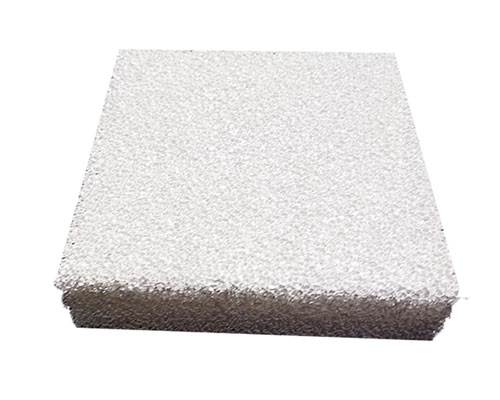
The use of a higher specification filter can easily lead to the clogging of the Asia Casting filter and shorten the service life of the filter.
Aluminum is an active metal. It is easily oxidized to form alumina during the smelting process. At the same time, it is easy to chemically react with a small amount of water vapor in the air to generate alumina inclusions and hydrogen.
Under the action of turbulence, the aluminum oxide film carried in the molten aluminum folds and entangles with each other. When the molten aluminum solidifies, a tortuous crack path is formed in the casting.
When the crack path penetrates the two surfaces of the casting, it will inevitably lead to leakage of the casting.
In order to meet the finish performance of aluminum alloy, manufacturers of aluminum alloy plates, strips and foils have put forward higher requirements for the plasticity of aluminum and its alloys.
The content, shape and distribution of inclusions in the alloy are important factors affecting its plasticity.
Large particles of inclusions will make the ingot structure discontinuous, reduce the air tightness of the material, become a source of corrosion, and often become the source of cracks during processing, thereby greatly reducing the strength and plasticity of the material.
The fine inclusions are distributed in the metal melt, which increases the inhalation tendency and viscosity of the melt, thereby reducing the feeding capacity of the alloy and easily forming shrinkage cavities or pores.
For high-strength alloys, mechanical strength and service reliability are reduced.
Purifying the aluminum alloy melt to reduce hydrogen, oxide film and non-metallic solid inclusions to allowable levels is of great significance for improving the quality of alloy materials.
Casting filters can not only improve the quality of aluminum products, but other products (such as CFF devices, degassing devices, hot top casting series and other aluminum casting products) can provide complete solutions.

